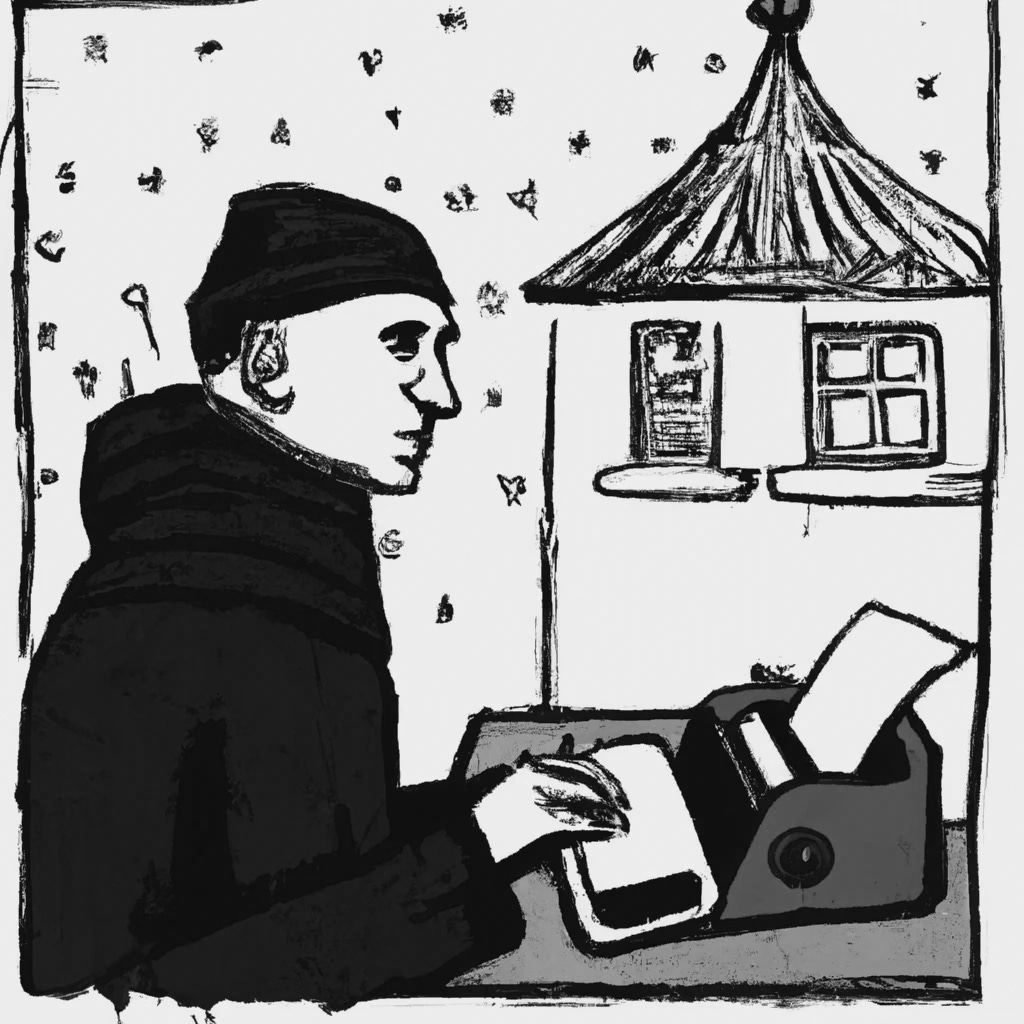Thomas Merton: On the Depths of His Pride
I do in fact do all sorts of evil, properly camouflaged, in defense of this root of self
In this letter dated September 16, 1960, Thomas Merton1 reveals his growing desire for solitude, a desire that led him to his little hermitage in the Kentucky wilderness. He also acknowledges something fundamental, something we eventually discover as we journey further with Jesus along the Threefold Way, the depths of our pride. Merton reflects on the paradox of clinging to self and the desire to just be. He longs for the genuine antidote to pride, humility. He really wants to be humble, devoid of self-concern, so as to be free to do God's work without hindrance.
SEPTEMBER 16, 1960
Mother Angela Collins O.C.D.,
My desires for solitude continue.
That is to be expected. Do keep me in your prayers. I don't know what may ever come of it. Work has not yet begun on the little retreat house on the hill (this would become Merton's hermitage), but at least the contractor has been to look at the site. If we get a lot of rain, the work will be held up as they will have a hard time driving through the field up the hill. However I do get what solitude I can.
I am realizing more and more that my big task is within myself. This is imperative. I am seeing what are the depths of my pride, and what an awful obstacle it is.
In the old days I used to think about this problem in unrealistic terms: confusing pride with vanity. I know I still have vanity enough, but now for the first time I am beginning to see into the naked depths of pride.
There is something one cannot explain in words: this tenacious attachment to self, and the virulence of it, which would make one stop at nothing in order to protect this inner root of self. And to see that I do in fact do all sorts of evil, properly camouflaged, in defense of this root of self.
The problem is that it is all tied up with our clinging to life itself, which of course is a good thing. The desire to be. But the desire in us is not only to be, but to be our own idol, to be our own end.
It sounds nice on paper but it is a bit sickening in reality.
Do pray for me, and don't go and tell me I am humble, because that is not true except on a superficial, exterior level. Pray for me to be humble, and really humble. Not with the fake, inert sort of humility that excuses all kinds of hidden pride and prevents us from doing God's work. But with humility that is deep and afraid of nothing, of no truth, and which is completely abandoned to God's real will.
How hard that actually is...2
Thomas Merton (1915 - 1968) was an American Trappist monk, poet, social activist, and author. In his writings, he explored themes of spirituality and human nature, often exploring their interconnections. He was a well-known pacifist and a voice of conscience during the turbulent years of the 1960s. He wrote more than sixty books, including spiritual autobiographies, contemplative writings, poetry, and social criticism. He once said: "Our job is to love others without stopping to inquire whether or not they are worth it."
Merton, Thomas. Thomas Merton: A Life in Letters: The Essential Collection. United Kingdom: HarperCollins, 2008.


